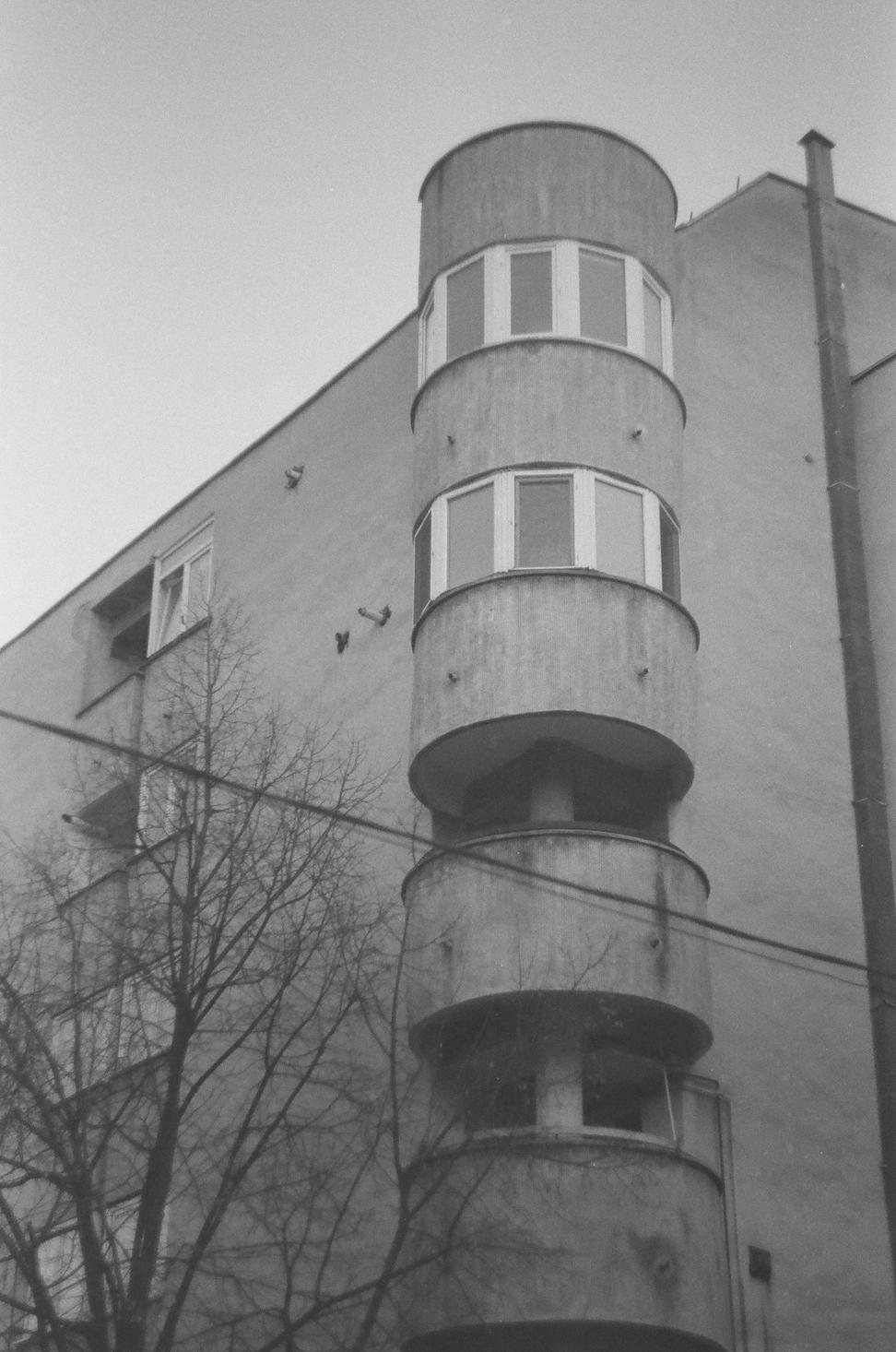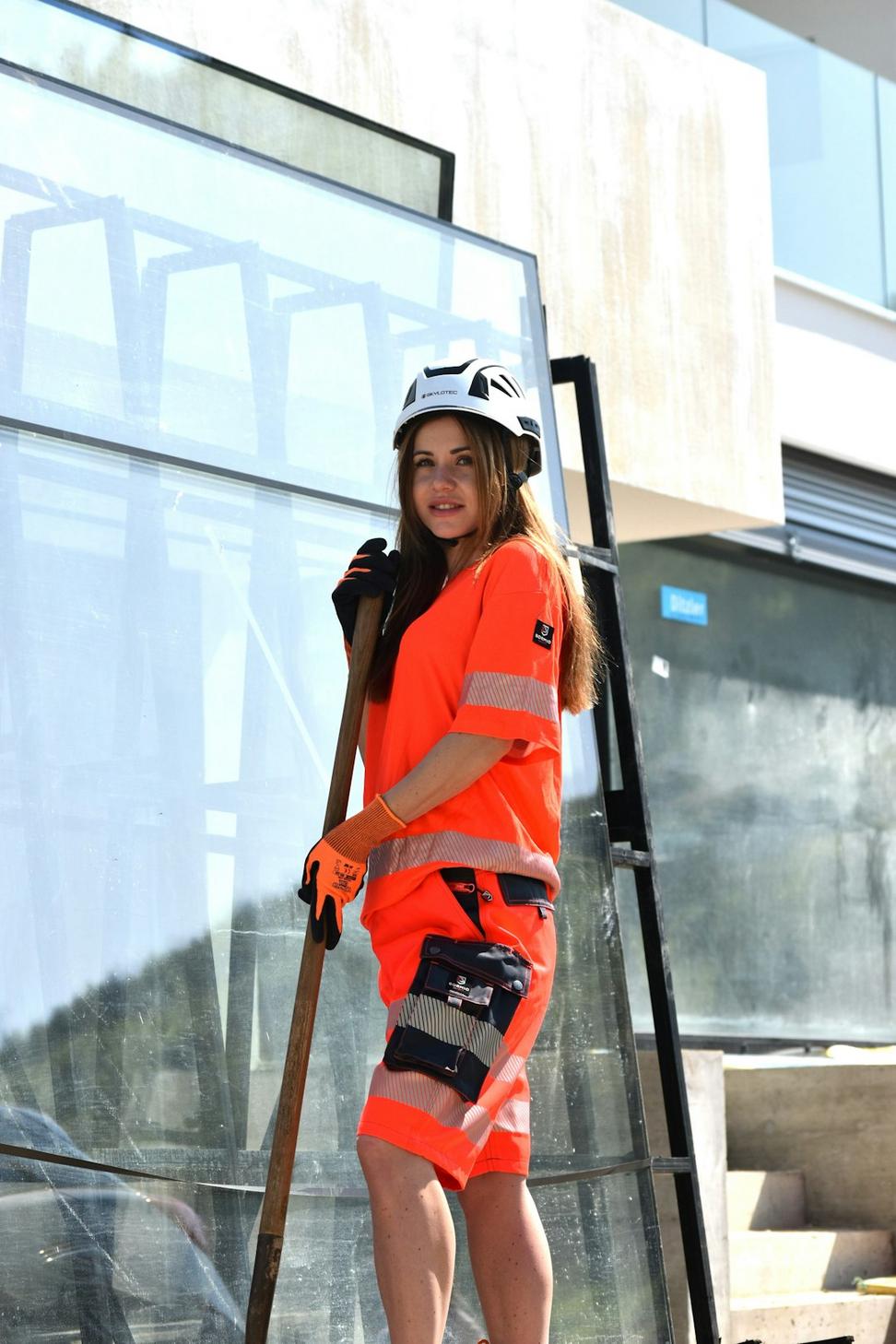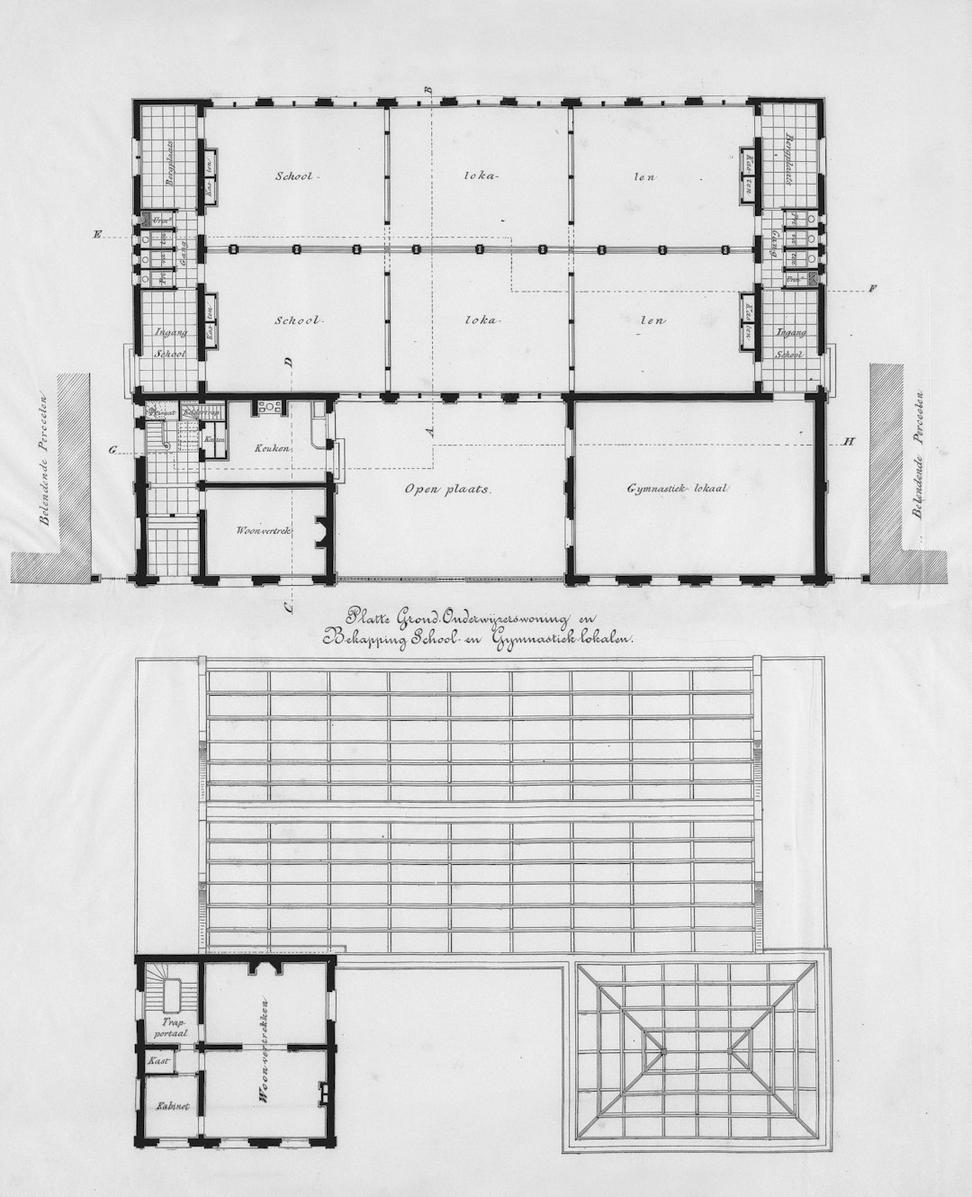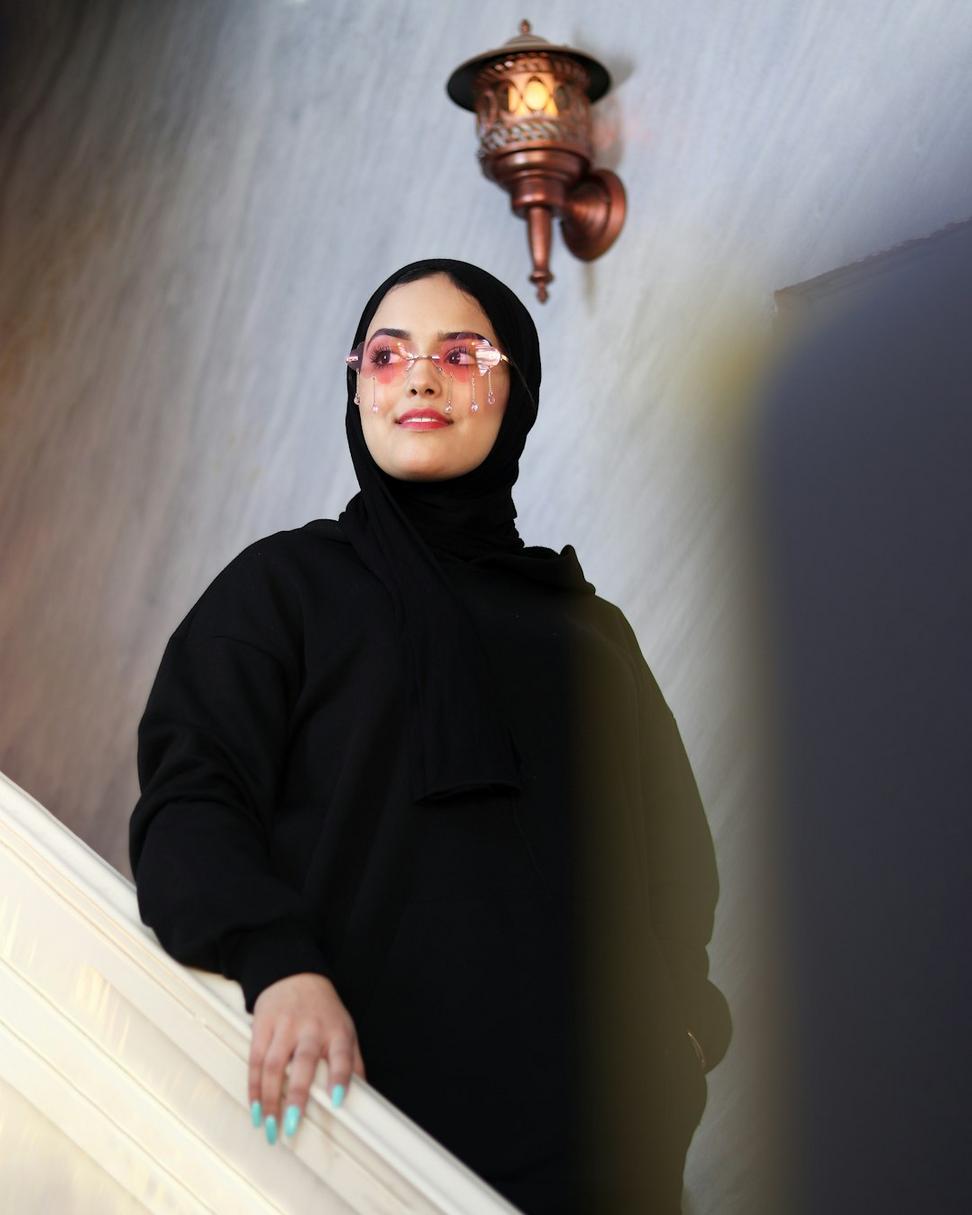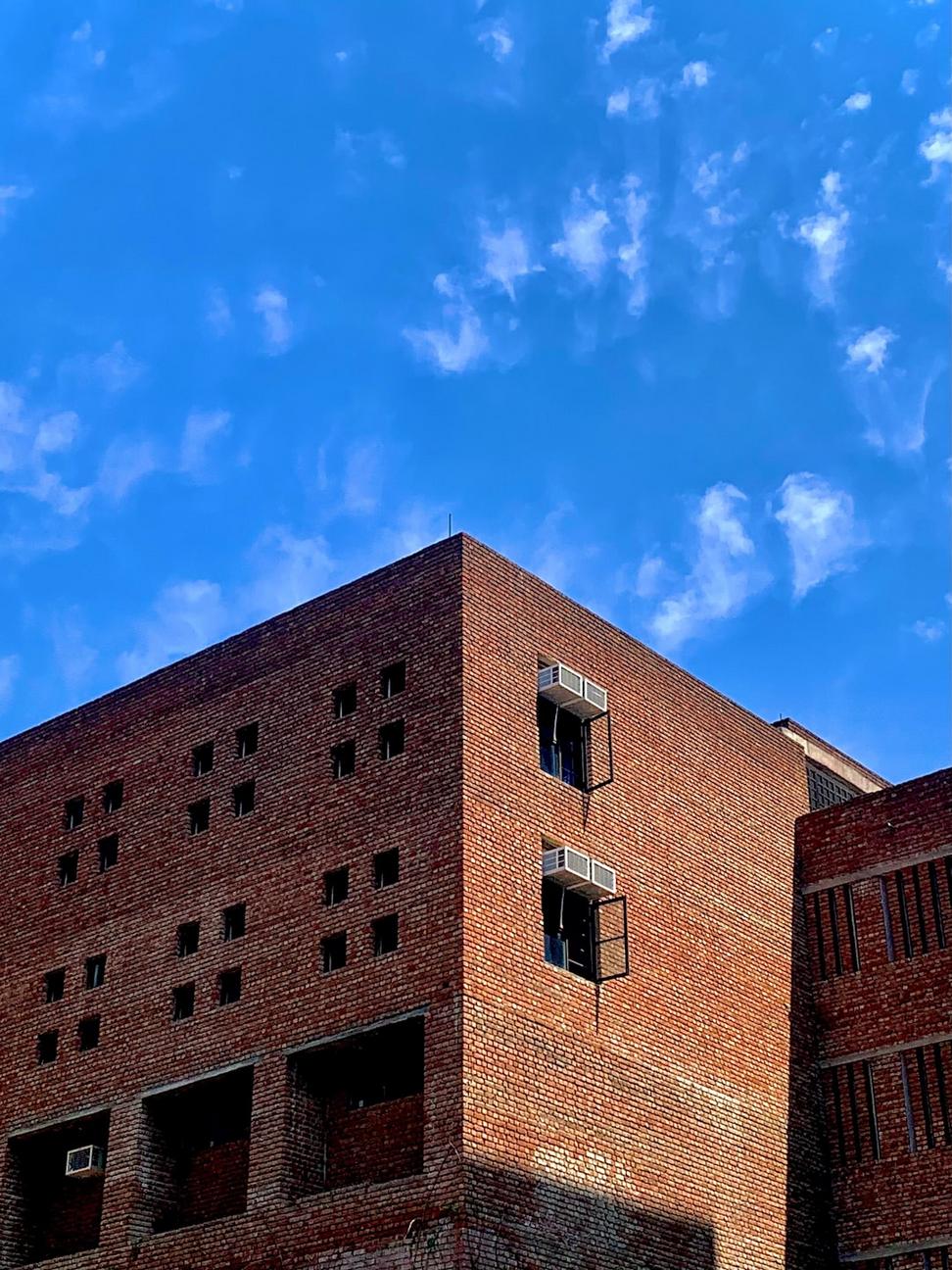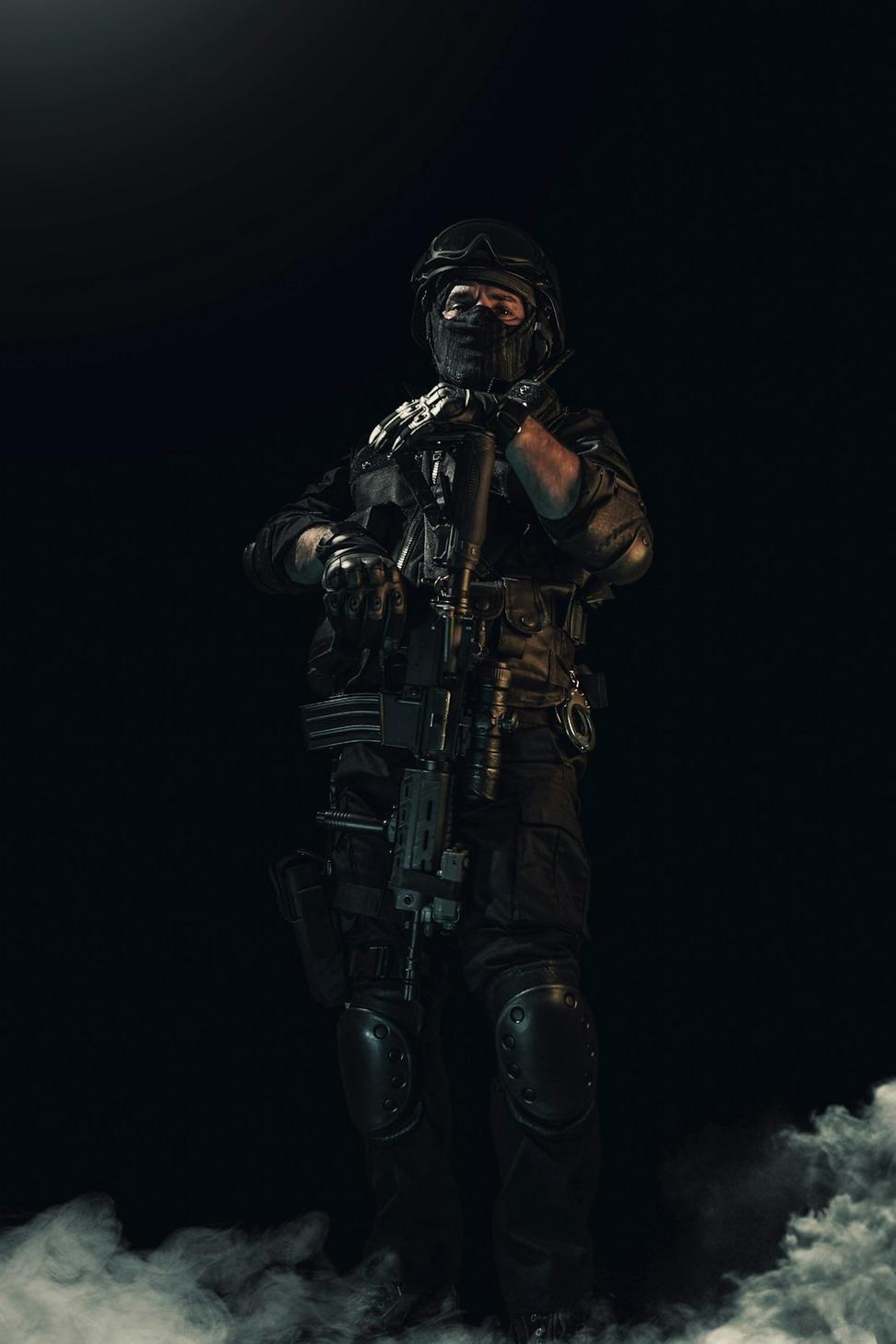
Our Story Started with Rust & Rivets
Back in 2011, our founder Marcus Galvryen was standing in an abandoned railway depot outside Vancouver, and something just clicked. Everyone else saw demolition potential, but he saw bones - good bones that deserved another century or two.
That depot became our first project, and honestly? We learned more from its mistakes than any textbook could've taught us. Industrial spaces have this raw honesty to them - they don't hide their purpose or pretend to be something they're not. We fell in love with that authenticity.
These days, we're still chasing that same feeling. Whether it's breathing life into a 1920s foundry or designing a contemporary office that respects the neighborhood's manufacturing roots, we're all about finding where history and innovation shake hands.
